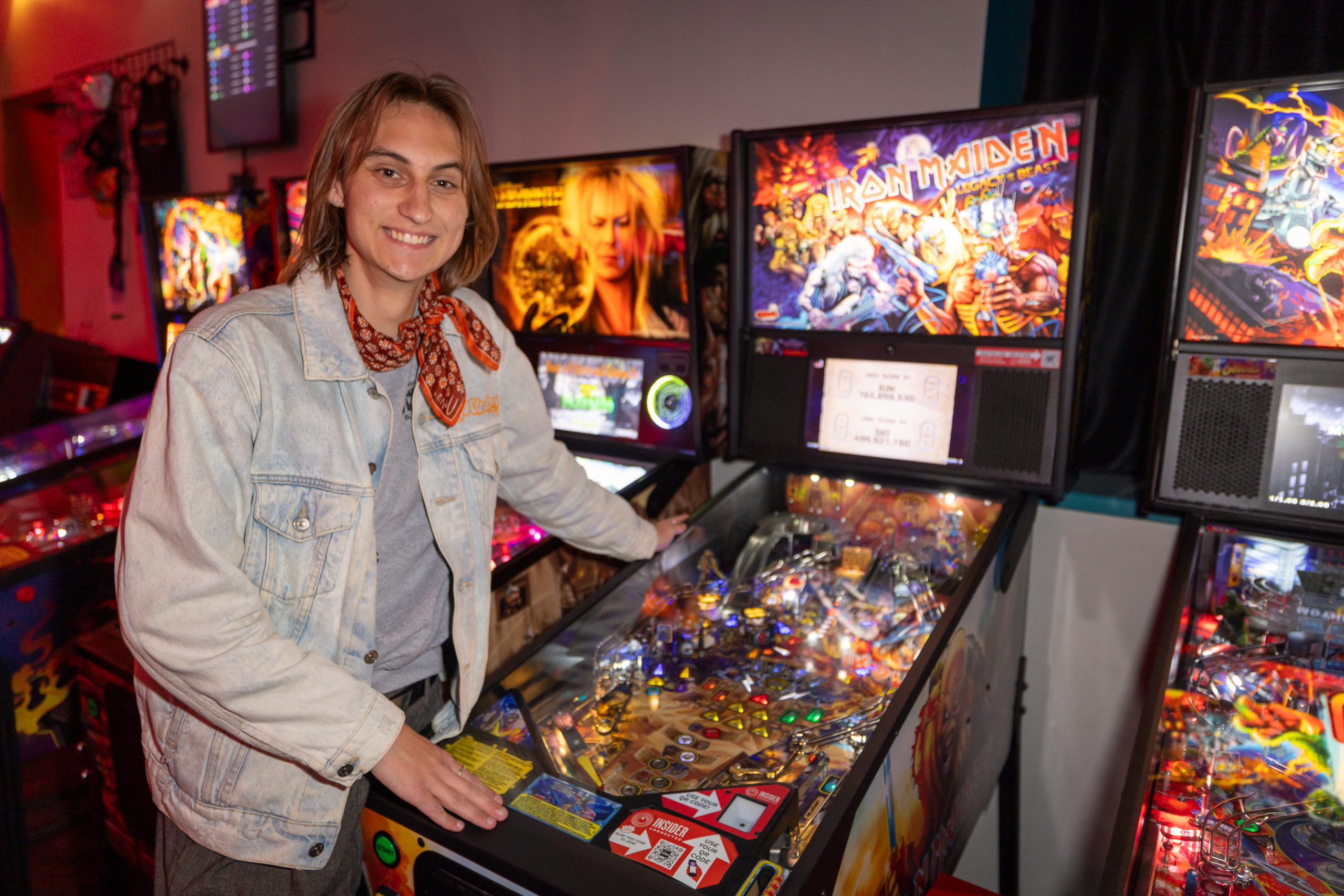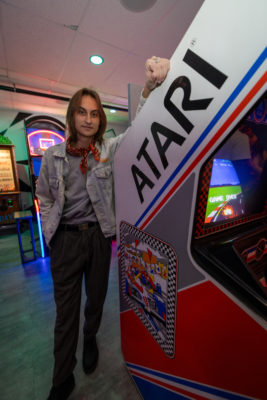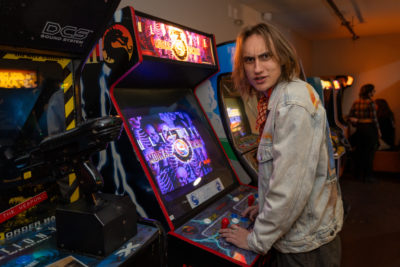
Storytelling in Esports with Tyler Van
Community
For Tyler Van, esports are the pinnacle of drama in sport. He may keep up with the NBA here and there to shoot the shit with coworkers, but get him talking about the drama at the most recent League of Legends World Championships and his enthusiasm will overflow. He’s been playing the game for over a decade and was on the collegiate team at the University of Utah, scholarships for which helped pay for his acting degree. He’s a high-level League player, and he’s also a caster, someone who commentates during tournaments and expert play.

What makes esports so compelling, Van says, is the human element, something at which traditional sports could stand to be better. Esports give the audience a big window into how teams and players are thinking and feeling. Cameras will show players’ faces while they play. Tournaments will recognize the drama naturally bubbling between players and stoke it with dramatic videos that heighten the emotions surrounding matchups. And the casters bring a lot of the emotion in, too.
Casters typically work in duos with two roles: play-by-play and color commentary, and Van will regularly do both. Play by play, that’s the person who’s talking fast, he says. They’re narrating what’s happening while building up the tension and the emotional story of the match. They’re telling you what’s going on and getting you hyped. That can be pretty necessary for games as complicated as League or the other games Van casts, like Rainbow Six Siege and Valorant. Even to the initiated, it can sometimes be hard to parse what’s going on, and having someone help you read between the lines and see the mind games makes it more fun.
Color commentary comes in the downtime between big moments in and out of the match. Maybe a team fight just got done, or maybe the round is over and everyone’s resetting—what was the prevailing strategy? What went wrong, what went right, and where will everyone look to improve?
Van went to school for acting, and his drive for storytelling as an actor is the same thing that propels him as a caster. When you’re acting, he says, successfully telling a story depends on making your body a vessel for another character’s emotions. You’re leading someone to a feeling. For casting, it’s all of that, plus using your game knowledge to tease out the drama that’s building naturally and tie it into the meta-narrative the players are creating with each other outside of the game. It takes someone with both game sense and emotional intelligence to pull it off. “This is why I like doing this,” he says. “I feel like I’m smart enough as a player and I have enough experience where I can look a minute, two minutes, three minutes ahead and guess pretty accurately what’s gonna happen.”

It all comes back to storytelling for Van. “That’s why I actually got into casting. It’s almost like another form of acting,” he says. “With acting, one of the biggest things that we talk about is ‘what’s the story? What is my character’s story?’” It’s the same in esports. As a game’s action comes to a head, Van is verbalizing how any given moment fits into the larger match, telling people who to watch and what their success or failure will mean.
Sports are more than just the rigor required to play them; they’re the players, the stats, the game sense, the mechanics and the strategies, and they’re also the way we feel about those things. It’s why people play and why people watch. It’s why esports have become so important to people across parts of the world and why Van won’t stop thinking about League: It’s just a really good story.
Find Van on Twitter at @tvanlol to watch him cast Rainbow Six Siege, Valorant and League of Legends.
Read more stories about the Salt Lake City community:
Confusion is Canon: My Experience At Salt Lake’s FanX 2024
Lugg Does The Heavy Lifting For You